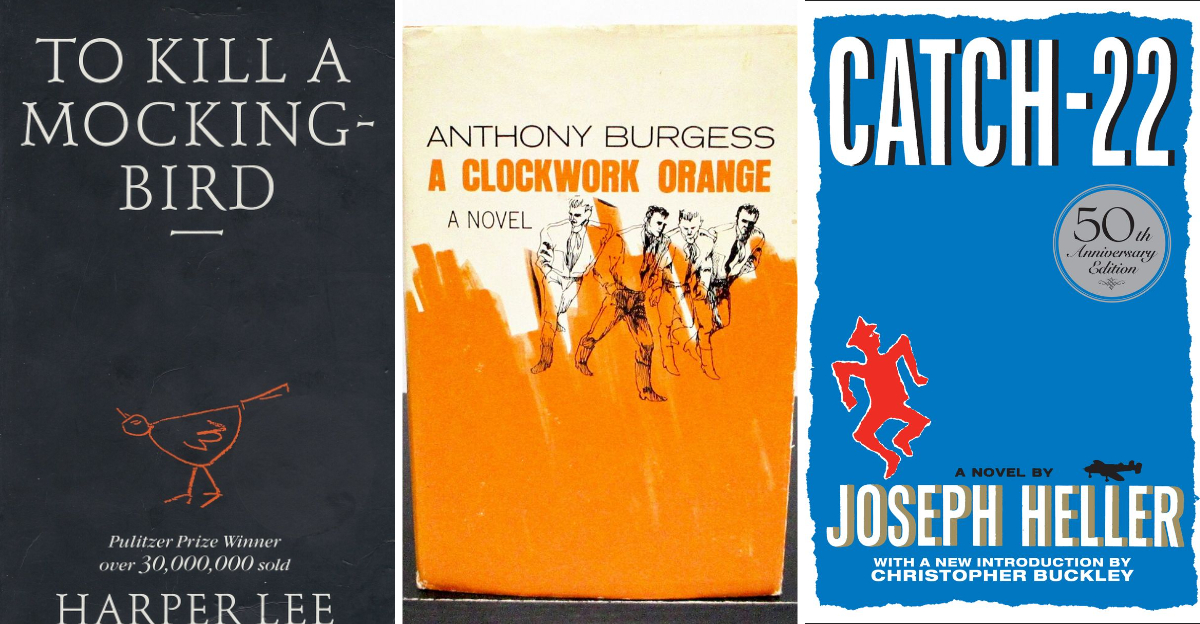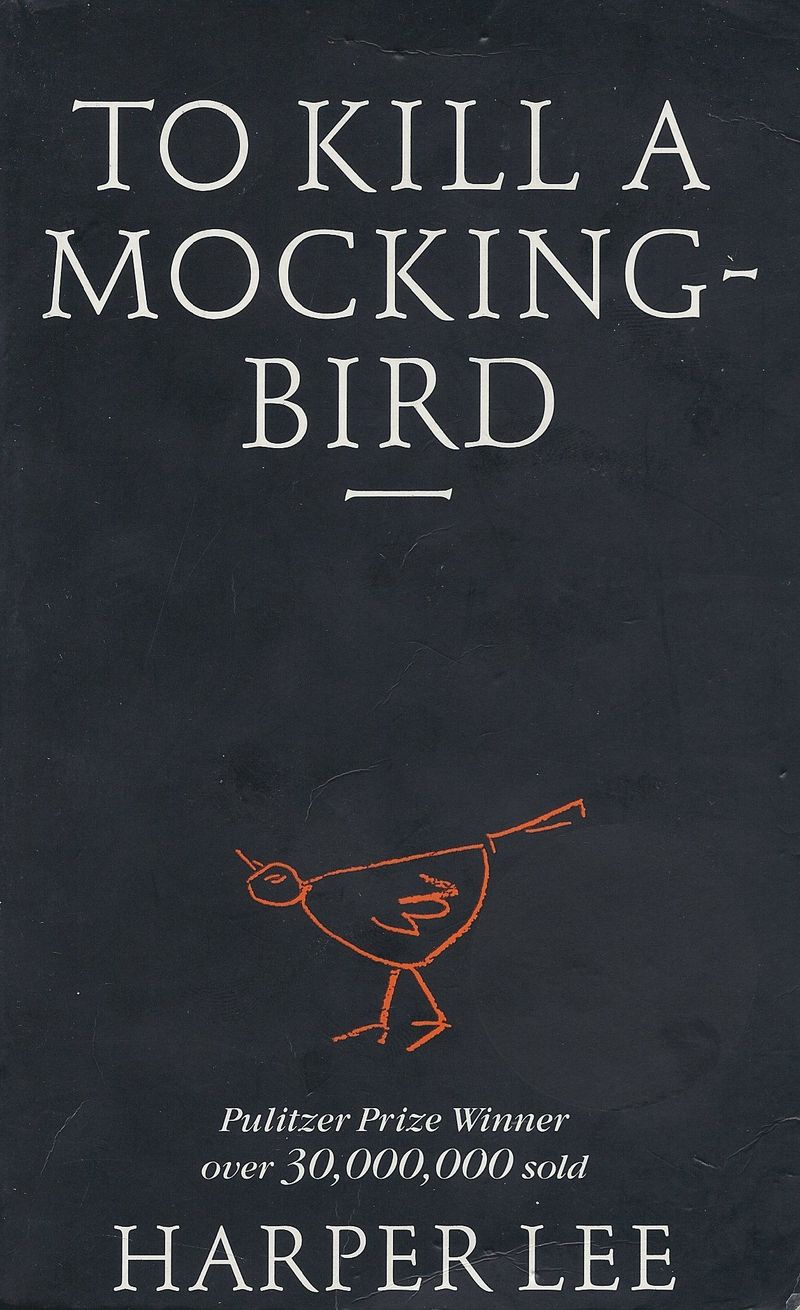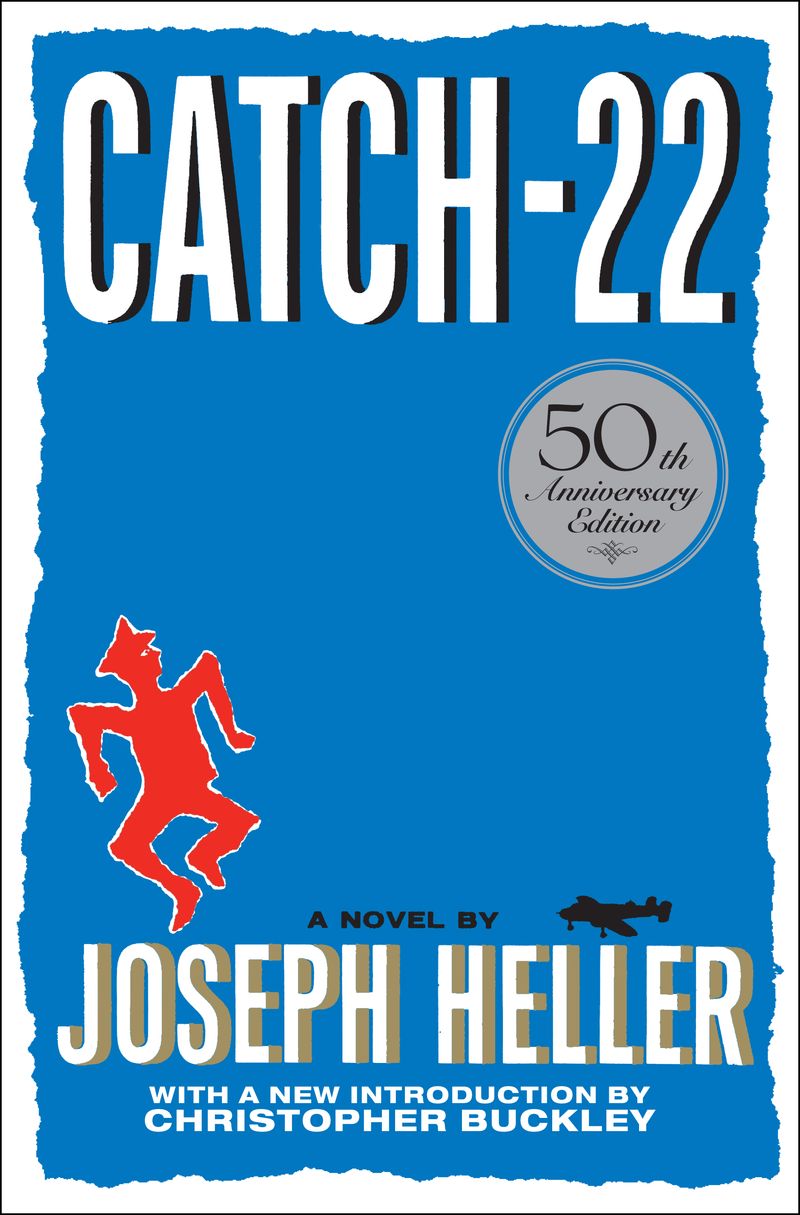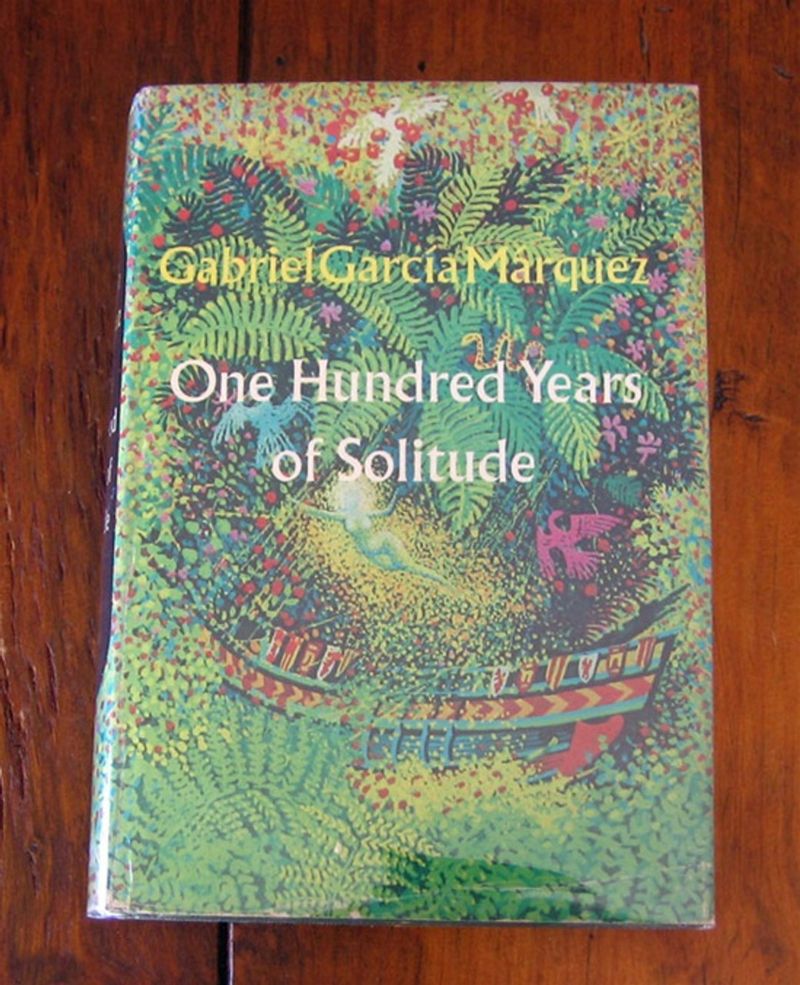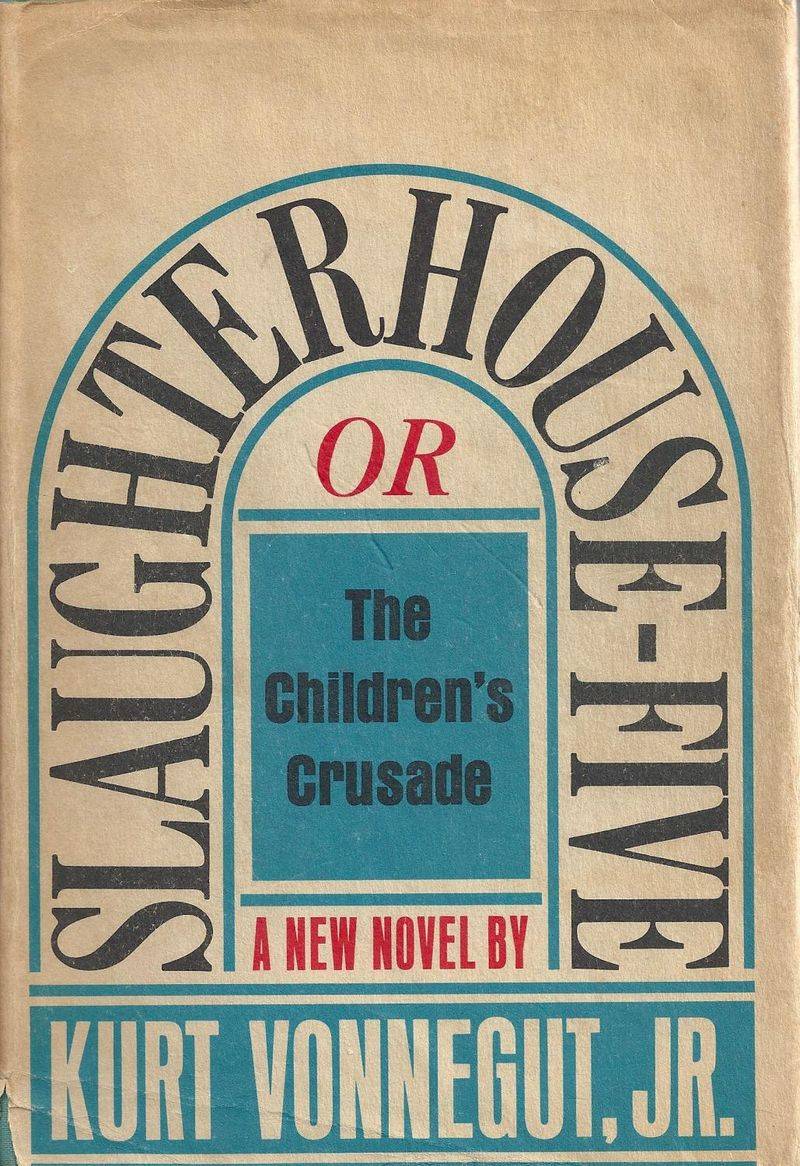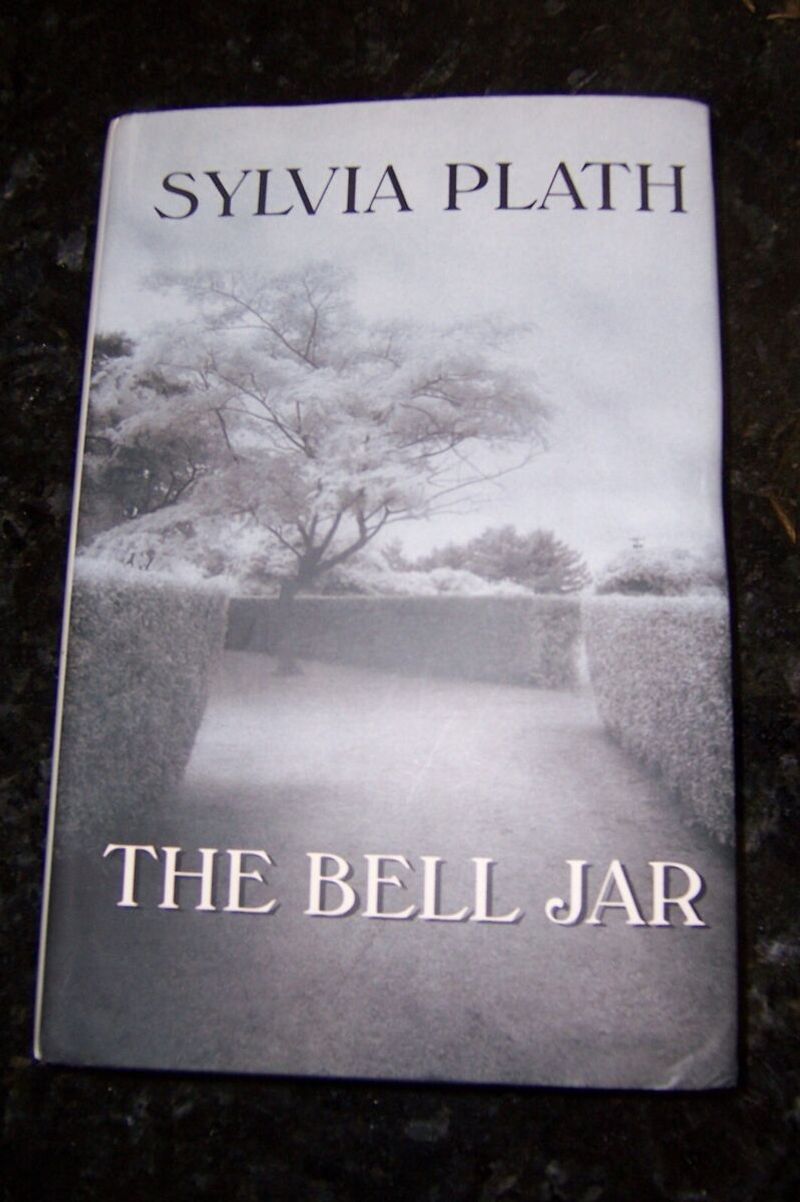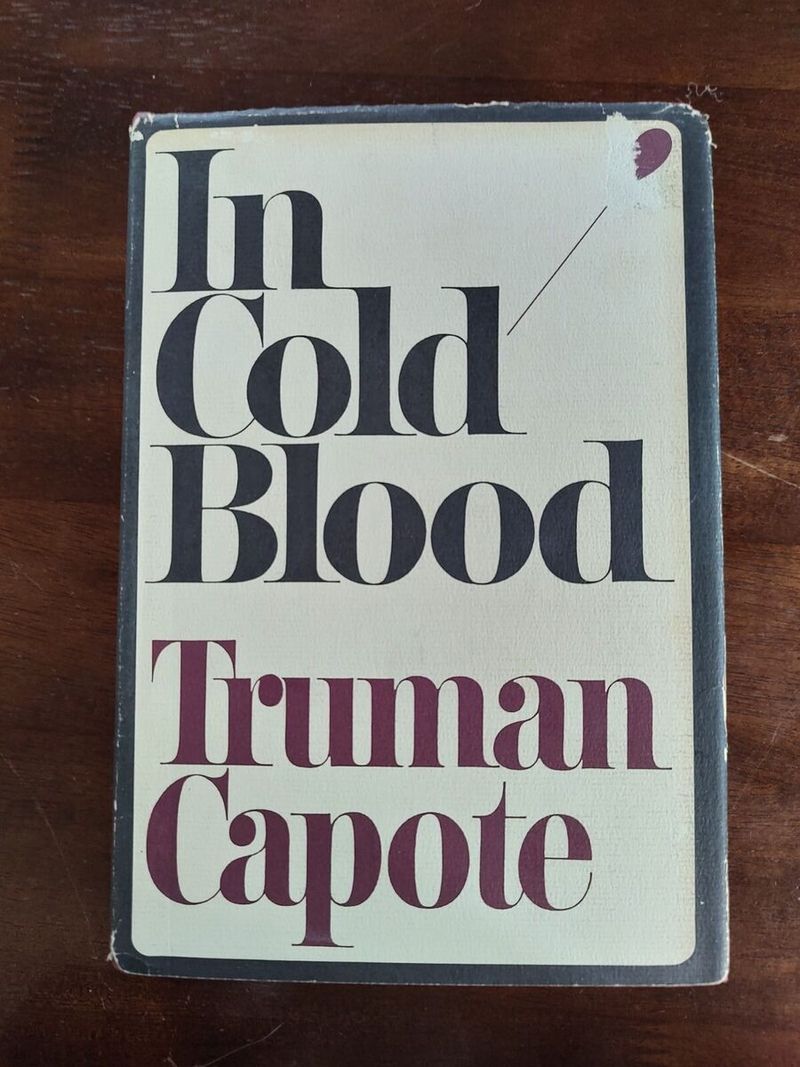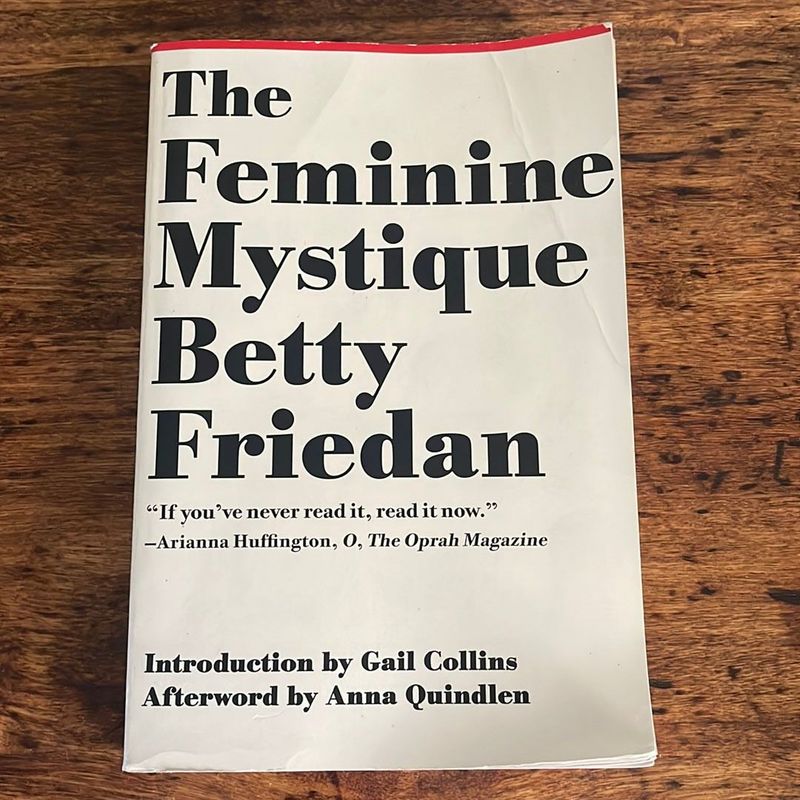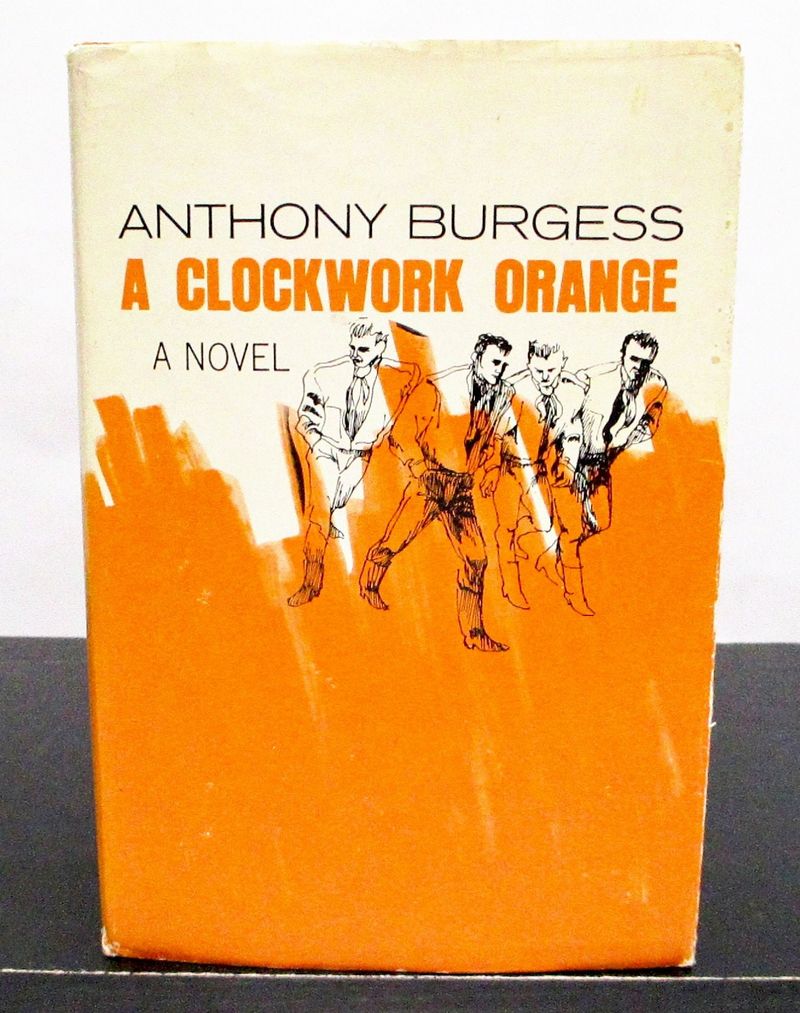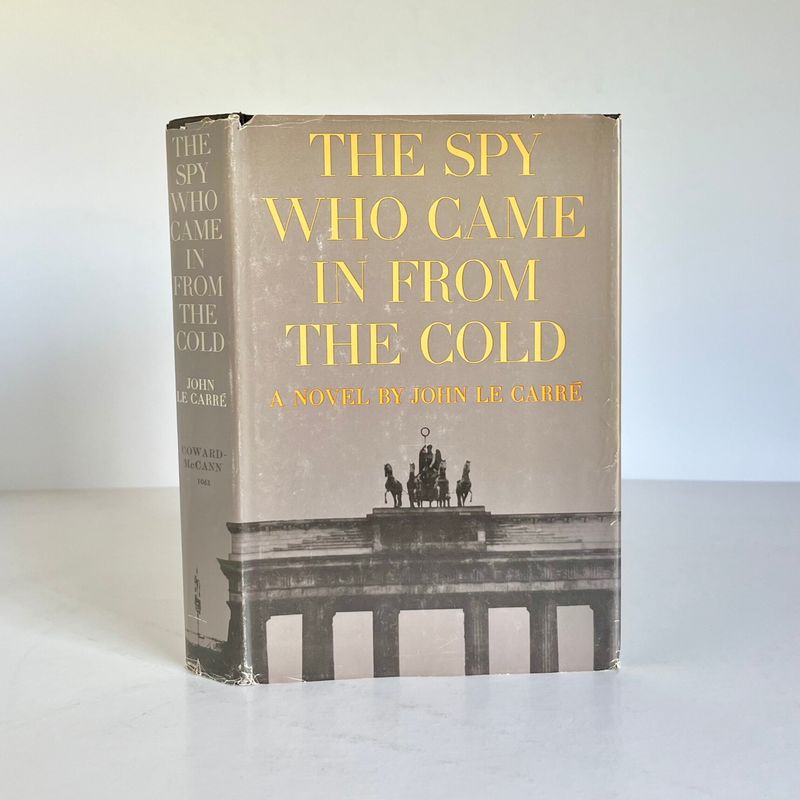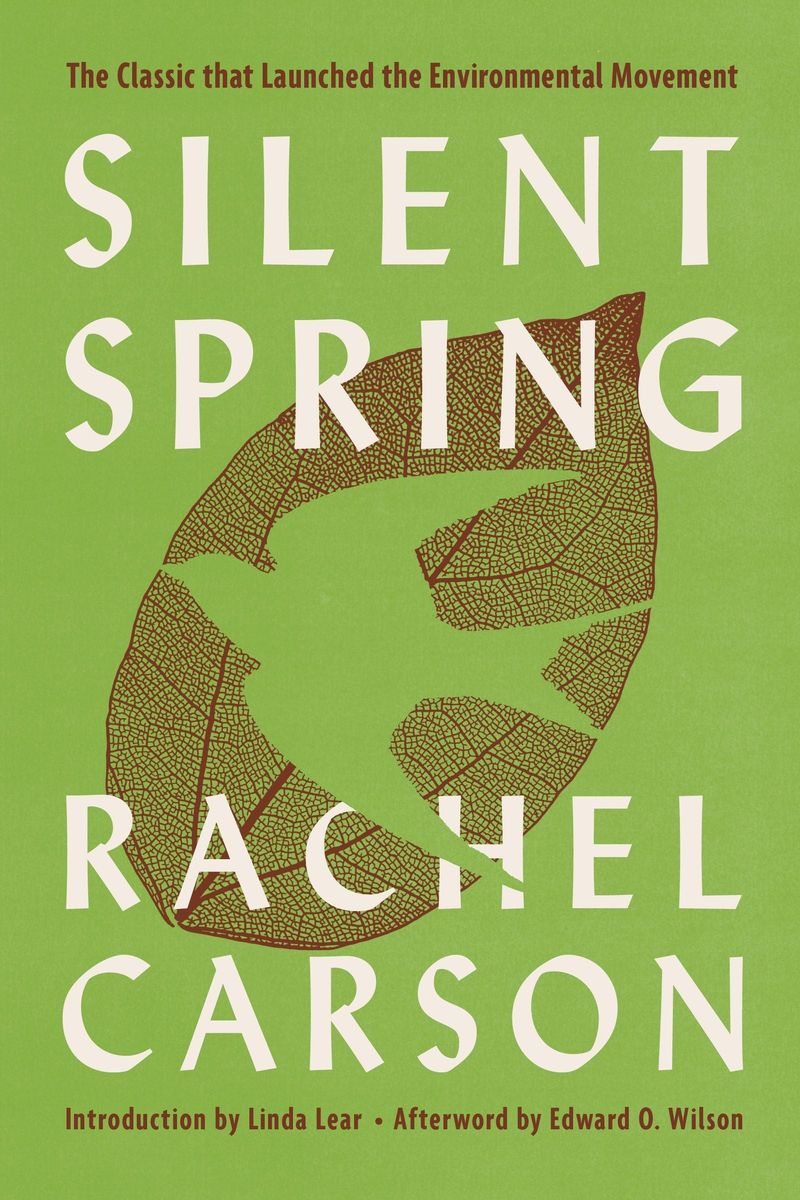The 1960s were a transformative decade in literature, with numerous books capturing the social and cultural upheavals of the time. Book clubs during this era played a significant role in promoting these works, offering readers thought-provoking discussions and insights. In this blog post, we explore ten of the most famous book club selections from the 60s, each accompanied by an evocative image prompt and a detailed description that captures the essence of the novel and its impact.
To Kill a Mockingbird by Harper Lee
Harper Lee’s To Kill a Mockingbird is a timeless classic that delves into the themes of racial injustice and moral growth in the Depression-era South. The narrative follows young Scout Finch and her brother Jem, as their father, Atticus, a lawyer, defends a black man wrongly accused of raping a white woman.
Lee’s storytelling offers a profound critique of prejudice, alongside a portrayal of the loss of innocence. The novel is renowned for its warmth and humor, despite tackling serious issues, making it a staple in book club discussions.
Its enduring legacy in literature is cemented by its ability to evoke empathy and reflection.
Catch-22 by Joseph Heller
Joseph Heller’s Catch-22 is a satirical novel set during World War II. It follows Captain John Yossarian, a U.S. Army Air Forces B-25 bombardier, and his squadron as they attempt to maintain their sanity amidst the absurdities of war.
The term ‘Catch-22’ itself has become synonymous with no-win situations, a testament to Heller’s sharp critique of bureaucratic operations and their inherent contradictions. The novel’s non-linear narrative structure adds to its complexity and allure.
Book clubs often revel in dissecting its dark humor and the profound commentary on the human condition.
One Hundred Years of Solitude by Gabriel García Márquez
One Hundred Years of Solitude by Gabriel García Márquez is a landmark piece of magical realism. It chronicles the rise and fall of the Buendía family in the fictional town of Macondo over several generations.
García Márquez weaves a rich tapestry of Latin American culture, history, and politics, offering readers a mix of fantasy and reality. His narrative style, with its seamless blend of the ordinary and the supernatural, captivates book club members eager to dive deep into its layers.
The novel’s exploration of solitude, fate, and the cyclical nature of history continues to inspire discussion and analysis.
Slaughterhouse-Five by Kurt Vonnegut
Kurt Vonnegut’s Slaughterhouse-Five is a seminal work of science fiction that explores the horrors of war through the eyes of Billy Pilgrim, an optometrist who becomes “unstuck in time.” His experiences, particularly the bombing of Dresden, are interwoven with elements of time travel and alien encounters.
Vonnegut’s unique narrative structure and dark humor provide a poignant commentary on the futility of war and the search for meaning in chaos. This novel’s unconventional approach and profound anti-war message make it a favorite topic in book clubs.
Its enduring relevance invites readers to reflect on the cyclical nature of violence.
The Bell Jar by Sylvia Plath
The Bell Jar by Sylvia Plath is a powerful semi-autobiographical novel that delves into the challenges of mental health and identity. Through the protagonist, Esther Greenwood, readers explore the pressures faced by women in the 1950s.
Plath’s vivid and raw portrayal of Esther’s descent into mental illness is both haunting and enlightening. The novel’s exploration of societal expectations and personal freedom resonates deeply with book club members who appreciate its candidness.
Its impact lies in its ability to spark conversations about mental health, women’s rights, and the search for self amidst societal constraints.
In Cold Blood by Truman Capote
Truman Capote’s In Cold Blood is a chilling true crime masterpiece that explores the brutal murder of the Clutter family in Holcomb, Kansas. Capote’s meticulous research and novelistic approach bring depth to the narrative, blending fact with creative storytelling.
The book examines the psychology of the killers and the impact of the crime on the community. Its compelling narrative and exploration of human nature make it a frequent choice for book clubs seeking thought-provoking discussions.
Capote’s work set a precedent for the true crime genre, captivating readers with its blend of journalism and literature.
The Feminine Mystique by Betty Friedan
Betty Friedan’s The Feminine Mystique is a groundbreaking work that ignited the second wave of feminism. It sheds light on the dissatisfaction of women confined to traditional roles as housewives and mothers in post-war America.
Friedan’s incisive analysis of “the problem that has no name” resonated with countless women, sparking change and inspiring conversations about gender roles. Book clubs often find its exploration of feminist ideology and social expectations a rich source of debate and reflection.
The book’s influence is evident in its continued relevance, encouraging readers to question societal norms and advocate for equality.
A Clockwork Orange by Anthony Burgess
Anthony Burgess’s A Clockwork Orange is a controversial novel set in a dystopian future, exploring themes of free will and the nature of evil. The story follows Alex, a delinquent teenager, as he navigates a world rife with ultraviolence and oppressive control.
Burgess’s inventive language, “Nadsat,” and the novel’s ethical quandaries challenge readers to ponder morality and individual choice. Book clubs often delve into its provocative content, debating its implications and societal commentary.
Despite its disturbing themes, the novel’s exploration of free will and redemption continues to captivate and provoke thought.
The Spy Who Came in from the Cold by John le Carré
John le Carré’s The Spy Who Came in from the Cold is a quintessential Cold War espionage novel. It follows British spy Alec Leamas as he embarks on a dangerous mission to bring down an East German Intelligence officer.
Le Carré’s gripping narrative, filled with moral ambiguity and intricate plot twists, offers a realistic portrayal of the spy world. Book clubs often find its suspenseful and thought-provoking storyline a source of riveting discussion.
The novel’s exploration of loyalty, betrayal, and the human cost of espionage remains relevant, engaging readers with its timeless themes.
Silent Spring by Rachel Carson
Rachel Carson’s Silent Spring is a pioneering environmental science book that highlighted the dangers of pesticide use and its impact on nature. Carson’s compelling narrative and scientific rigor brought attention to ecological issues, sparking a movement that led to policy changes.
Her eloquent warnings about the environment’s vulnerability resonate with book clubs focused on sustainability and conservation. The book’s influence on the environmental movement remains profound, encouraging readers to reflect on their relationship with nature.
Carson’s work continues to inspire action and dialogue about environmental preservation and responsibility.
